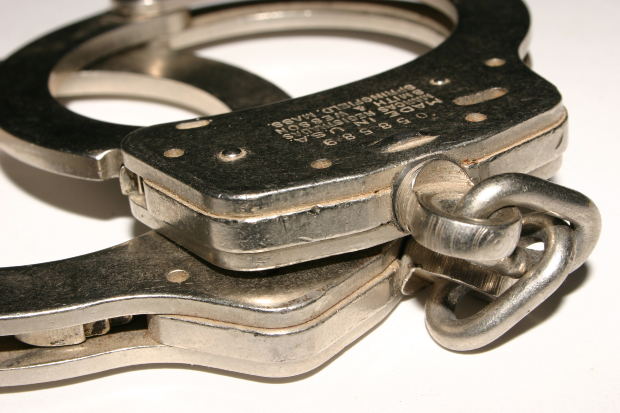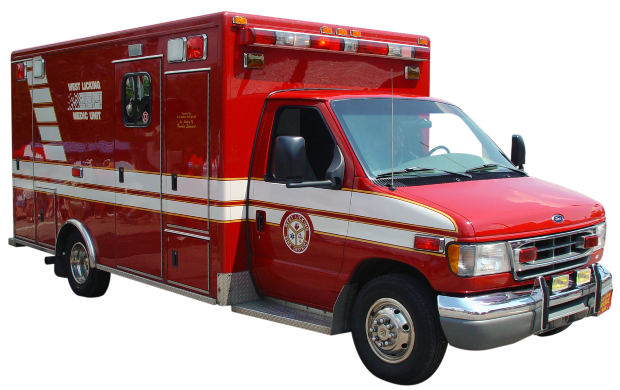With summer still in full force, we would like to remind you to be responsible when hosting get-togethers this season. Whether you’re hosting a graduation party, barbeque, or any kind of social get-together where alcohol is being served, you bare a huge responsibility to your guests and their safety.
Massachusetts Social Host Liability Law is an extremely important subject, because what many people do not realize is that the actions of their guests, even after a guest has left the party, may fall under the responsibility of the host.
What is Massachusetts Social Host Liability Law?
In Massachusetts, a social host is anyone who provides alcohol to a guest, as an act of hospitality without exchanging money. A social host is also considered someone who not only provides alcohol for his or her guests, but allows a guest to consume alcohol on his or her property. While the property that is involved is usually someone’s home, properties can also include beach property, rental property, and even boats-essentially any property that a host owns or controls. Under Massachusetts law, by furnishing alcohol and permitting guests to consume it on his or her property, the host assumes liability. Hosts are not always adults, and can include minors as well.
According to Massachusetts Social Host Liability Law, liability includes all injuries caused by alcohol by both the person who caused the accident as well as the person who served the alcohol. The most common type of accident is drunk driving. According to the Massachusetts judicial system hosts are responsible for making sure their guests do not consume alcohol to the point of intoxication. For example, if you host a party and one of your guests is over-served and winds up injuring another person as a result of drunk driving, not only is he at fault, but you are responsible as well.
Social Host Liability Law and Minors
 Massachusetts is very clear about laws on underage drinking. Anyone under the age of 21 is not allowed to consume alcohol. Period. As a parent, it may be tempting to allow your underage son or daughter to have friends over for a party, especially during prom or graduation season, or if your son or daughter is home from college. Taking the keys and requiring guests to sleepover is not the way to prevent minors from getting hurt because of alcohol. Even if a minor injures him or herself without driving, you are still responsible for providing a place to consume alcohol, condoning its consumption, and supplying the beverages. Under Massachusetts General Laws, Chapter 138, Section 34, any person who supplies alcohol to a person under 21 is subject to a $2,000 fine and faces up to a year of imprisonment.
Massachusetts is very clear about laws on underage drinking. Anyone under the age of 21 is not allowed to consume alcohol. Period. As a parent, it may be tempting to allow your underage son or daughter to have friends over for a party, especially during prom or graduation season, or if your son or daughter is home from college. Taking the keys and requiring guests to sleepover is not the way to prevent minors from getting hurt because of alcohol. Even if a minor injures him or herself without driving, you are still responsible for providing a place to consume alcohol, condoning its consumption, and supplying the beverages. Under Massachusetts General Laws, Chapter 138, Section 34, any person who supplies alcohol to a person under 21 is subject to a $2,000 fine and faces up to a year of imprisonment.
A common concern many parents with teenagers have is what to do if their underage child has a party while they’re not at home. There is potential that the parents can be held responsible, whether or not a guest is injured. However, Massachusetts law does not attach civil liability if the parents of the accused minor did not supply the alcohol that was consumed. Simply put, a parent who supplied the alcohol that was consumed at the underage party is liable, whether knowingly or unknowingly, is responsible. However a parent who did not supply the alcohol at the party (if for instance the minors brought his/her own alcohol), and had no knowledge of the party, would not be held liable. Another issue to be aware of is that you may be civilly liable if your underage child drinks at another person’s house and then injures someone, under the circumstance that you previously gave either explicit or tacit permission for them to consume
alcohol at someone else’s party.
Continue reading
 Boston Injury Lawyer Blog
Boston Injury Lawyer Blog


 Fan safety has been a very important topic in professional sports, as fan injuries have become more and more prevalent at sports stadiums. Also this weekend, some rowdy fans from the University of Maryland were injured after a section of bleachers collapsed at Ludwig Field during a soccer match against Duke. Last month a 30-year old Atlanta Braves fan died during a baseball game at Turner Field when he fell nearly 70 feet from the upper viewing deck.
Fan safety has been a very important topic in professional sports, as fan injuries have become more and more prevalent at sports stadiums. Also this weekend, some rowdy fans from the University of Maryland were injured after a section of bleachers collapsed at Ludwig Field during a soccer match against Duke. Last month a 30-year old Atlanta Braves fan died during a baseball game at Turner Field when he fell nearly 70 feet from the upper viewing deck. Massachusetts is very clear about laws on underage drinking. Anyone under the age of 21 is not allowed to consume alcohol. Period. As a parent, it may be tempting to allow your underage son or daughter to have friends over for a party, especially during prom or graduation season, or if your son or daughter is home from college. Taking the keys and requiring guests to sleepover is not the way to prevent minors from getting hurt because of alcohol. Even if a minor injures him or herself without driving, you are still responsible for providing a place to consume alcohol, condoning its consumption, and supplying the beverages. Under Massachusetts General Laws, Chapter 138, Section 34, any person who supplies alcohol to a person under 21 is subject to a $2,000 fine and faces up to a year of imprisonment.
Massachusetts is very clear about laws on underage drinking. Anyone under the age of 21 is not allowed to consume alcohol. Period. As a parent, it may be tempting to allow your underage son or daughter to have friends over for a party, especially during prom or graduation season, or if your son or daughter is home from college. Taking the keys and requiring guests to sleepover is not the way to prevent minors from getting hurt because of alcohol. Even if a minor injures him or herself without driving, you are still responsible for providing a place to consume alcohol, condoning its consumption, and supplying the beverages. Under Massachusetts General Laws, Chapter 138, Section 34, any person who supplies alcohol to a person under 21 is subject to a $2,000 fine and faces up to a year of imprisonment.  Freire, 45, suffered life-altering injuries including a brain injury, stroke, impaired speech and vision, as well as severe scarring when he was stabbed in the neck by Mayor. Mayor was arrested and convicted of assault and is now serving a 10-year prison sentence.
Freire, 45, suffered life-altering injuries including a brain injury, stroke, impaired speech and vision, as well as severe scarring when he was stabbed in the neck by Mayor. Mayor was arrested and convicted of assault and is now serving a 10-year prison sentence.  With the arrival of warmer weather, residents around Massachusetts are beginning to open their windows to let the fresh air in. Unfortunately the pleasant feeling of fresh air may turn tragic, especially in households with small children. Nearly 4,000 children are injured and more than a dozen children under the age of 10 die each year in the United States from window falls, according to Boston Children’s Hospital. Window falls are most often caused when children push themselves against the screen of an open window, resulting in the screen to give way, and the child to suddenly fall. Fortunately, there are ways for parents and caregivers to protect their children from falling out of windows.
With the arrival of warmer weather, residents around Massachusetts are beginning to open their windows to let the fresh air in. Unfortunately the pleasant feeling of fresh air may turn tragic, especially in households with small children. Nearly 4,000 children are injured and more than a dozen children under the age of 10 die each year in the United States from window falls, according to Boston Children’s Hospital. Window falls are most often caused when children push themselves against the screen of an open window, resulting in the screen to give way, and the child to suddenly fall. Fortunately, there are ways for parents and caregivers to protect their children from falling out of windows.






